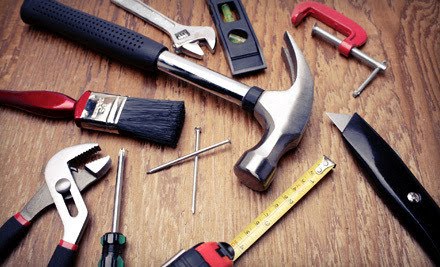For both safety and reliability reasons, it is essential to choose the correct wire diameter for your PV system. Insufficiently sized cables result in excessive power loss due to a substantial decrease in voltage. Fire risk is also present if the wires are too small since they might heat up to dangerous levels due to improper resistance.
Like a water hose, an electrical wire conducts current. The fewer barriers to water flow there are, the wider the water hose diameter.
Furthermore, shorter hoses offer greater flow than longer hoses, even when the hose has a large diameter. Longer hoses exhibit more resistance compared to shorter hoses of the same diameter due to the increased surface area.
The same thing happens with electrical wires. There is a direct correlation between the size of your electrical wires and how many watts they can provide to either your battery bank or the grid if the connection is too lengthy.
As a general rule, 12 AWG solar PV multi-conductor tray cable is a cable suitable for use in solar arrays with multiple conductors and also qualified for tray usage. Cables, by definition, contain more than one conductor, hence the term “multi-conductor” isn’t strictly essential. In addition, PV, short for photovoltaic, is a little redundant in the face of solar’s dominance. In any case, the following characteristics should be on your radar:
Resistance to the effects of ultraviolet light.
This is so significant that it warrants its category. Even though UV light is theoretically considered an aspect of the weather, its significance cannot be overstated in this context. PV cable doesn’t need much explanation if you just keep in mind the fundamental principle. It must be able to withstand the same amount of sunshine that will be used to generate electricity for the solar panels themselves.
Any decent tray cable should be able to withstand exposure to sunlight. They must be able to tolerate prolonged periods of direct sunlight without overheating in compliance with NEC specifications. This is particularly true for solar photovoltaic panel installation tray wires.
Adaptable to All Situations
Additionally, these types of cables may be used in wire harnesses in the open air. There are a broad number of methods and places in which solar panels are mounted. Therefore, the cables that link them must be tough and capable of taking on a variety of problems.
Having the correct voltage and a temperature rating of 90 °C isn’t enough to make them safe. They must be able to withstand both wet and dry conditions, both above and below the surface.
Another benefit of using 12 AWG solar PV multi-conductor tray cable is that the insulation and conductivity of the wire will not be harmed by high or rapid temperature changes. Temperatures that are too high or too low may weaken insulation, which can lead to a host of additional issues.
Because the 12 AWG solar PV multi-conductor tray cable will be exposed to the elements for much of its useful life, weatherproofing is one of the most crucial characteristics to achieve. So, PV cable must be acceptable for both wet and dry places, but it must also be resistant to moisture, overly harsh circumstances, and abrupt temperature variations.
A PV cable is worth its weight in gold if it has been exposed to the elements.
This is why you need to be sure that your cables are coming from a reputable provider. When exposed to the environment, a solar panel PV system is only as dependable as the connections that link it. As a result, the cables produced by EWCS have a higher level of quality.
EWCS Wire’s excellent portfolio of tray cables can be seen on their website, or you can phone them at 800-262-1598 if you have any concerns about establishing a solar panel PV system. Keep your solar panels running at their peak efficiency by purchasing a 12-AWG solar panel tray cable from an established source at an affordable price.
For more information about Solar Panel Cable and Welding Cable For Sale Please visit: Electrical Wire & Cable Specialists.





